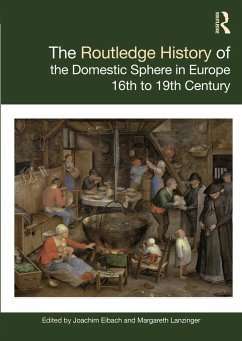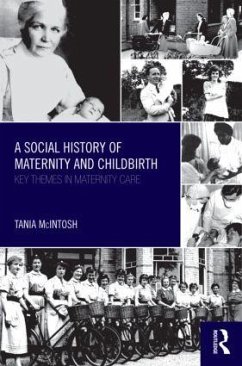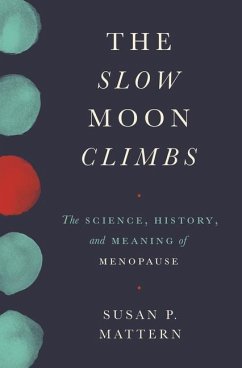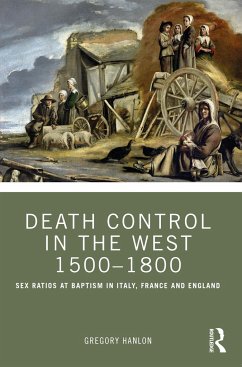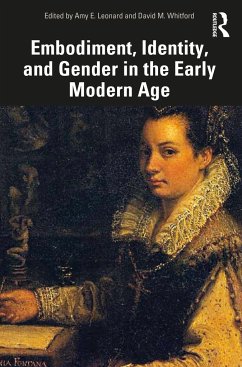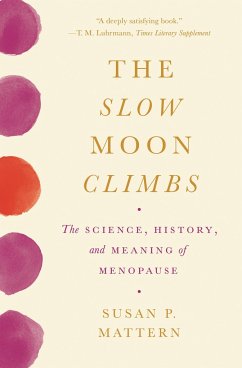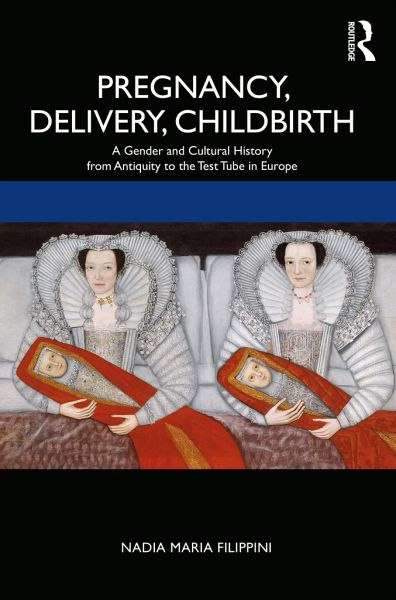
Pregnancy, Delivery, Childbirth
A Gender and Cultural History from Antiquity to the Test Tube in Europe
Versandkostenfrei!
Versandfertig in 6-10 Tagen
43,99 €
inkl. MwSt.
Weitere Ausgaben:

PAYBACK Punkte
22 °P sammeln!
This book reconstructs the history of conception, pregnancy and childbirth in Europe from antiquity to the 20th century, focusing on its most significant turning points: the emergence of a medical-scientific approach to delivery in Ancient Greece, the impact of Christianity, the establishment of the man-midwife in the 18th century, the medicalisation of childbirth, the emergence of a new representation of the foetus as "unborn citizen", and, finally, the revolution of reproductive technologies.The book explores a history that, far from being linear, progressive or homogeneous, is characterised...
This book reconstructs the history of conception, pregnancy and childbirth in Europe from antiquity to the 20th century, focusing on its most significant turning points: the emergence of a medical-scientific approach to delivery in Ancient Greece, the impact of Christianity, the establishment of the man-midwife in the 18th century, the medicalisation of childbirth, the emergence of a new representation of the foetus as "unborn citizen", and, finally, the revolution of reproductive technologies.
The book explores a history that, far from being linear, progressive or homogeneous, is characterised by significant continuities as well as transformations. The ways in which a woman gives birth and lives her pregnancy and the postpartum period are the result of a complex series of factors. The book therefore places these events in their wider cultural, social and religious contexts, which influenced the forms taken by rituals and therapeutic practices, religious and civil prescriptions and the regulation of the female body.
The investigation of this complex experience represents a crucial contribution to cultural, social and gender history, as well as an indispensable tool for understanding today's reality. It will be of great use to undergraduates studying the history of childbirth, the history of medicine, the history of the body, as well as women's and gender history more broadly.
The book explores a history that, far from being linear, progressive or homogeneous, is characterised by significant continuities as well as transformations. The ways in which a woman gives birth and lives her pregnancy and the postpartum period are the result of a complex series of factors. The book therefore places these events in their wider cultural, social and religious contexts, which influenced the forms taken by rituals and therapeutic practices, religious and civil prescriptions and the regulation of the female body.
The investigation of this complex experience represents a crucial contribution to cultural, social and gender history, as well as an indispensable tool for understanding today's reality. It will be of great use to undergraduates studying the history of childbirth, the history of medicine, the history of the body, as well as women's and gender history more broadly.






